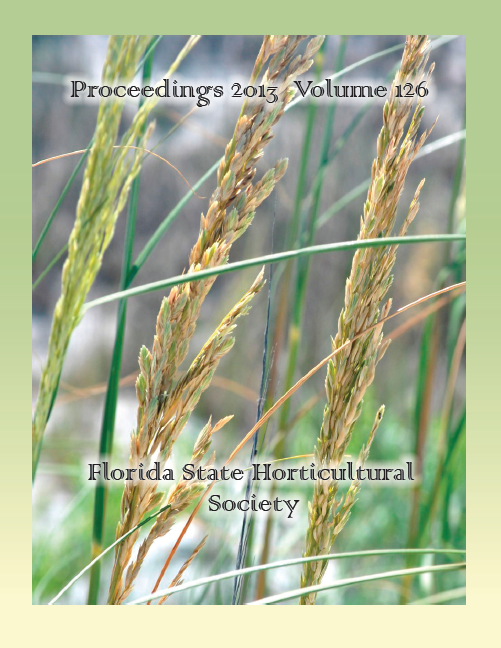Abstract
Jatropha is a species identified for biofuel production. Microgravity offers a unique environment for genetic variation studies and in vitro cell cultures are suitable for space-based experiments. The main objective of this study was to compare the in vitro growth of jatropha cell cultures between orbit and ground. The effects of genotype, culture medium, and explant type were evaluated. In vitro cultures were initiated from three jatropha accessions: Brazil, India, and Mexico. Cotyledon, leaf, and stem sections were utilized as explants. A basal Murashige and Skoog (MS) medium was used, modified with either 4.5 μM TDZ (MS1) or 0.75 μM IBA + 3.6 μM 6-BA (MS2). Cultures were maintained in petri dishes, in the dark, at 25 ± 2 °C, arranged in Group Activation Packs (petriGAPs) flight hardware. Control petriGAPs were maintained on the ground. Spaceflight experiments were conducted in the International Space Station for 111 d (STS-133) and in the mid-deck of the space shuttle Atlantis (STS-135) for 14 d. In vitro jatropha cultures showed normal growth in microgravity. The MS1 medium produced structures similar to globular stage somatic embryos, while the MS2 medium produced mostly callus. The genotype had an effect on somatic embryo formation and subsequent shoot regeneration, and cultures from Brazil had the best regeneration capability. Stem sections showed the best capability to form somatic embryos in vitro. Cultures exposed to microgravity showed efficient development of embryogenic cultures. Future efforts should focus on improved root formation and plantlet regeneration.

